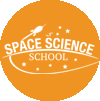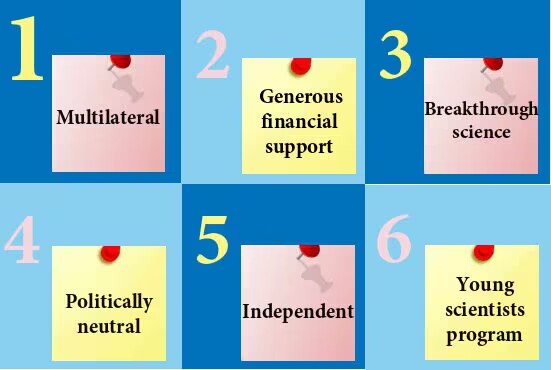 INTERNATIONAL TEAMS
INTERNATIONAL TEAMS
International Teams follow a strict bottom-up approach whereby in response to a specific call issued every year at the beginning of January, scientists can propose projects corresponding to topics, which are broadly identified in the Call. The reviewing and ranking process is the responsibility of the Science Committee. The activity is directed and organized by a team leader who is also the initiator of the proposal to ISSI-BJ.
International Teams are composed of 8–12 scientists from different institutions, nationalities, and expertise. They hold a series of two to three one-week meetings over a period of 12–18 months. Their project often involves data or modeling work. Teams are largely independent in the execution of their project, but maintain close contact with ISSI-BJ. The results of International Teams are published as peer-reviewed articles in scientific journals.
 WORKSHOPS
WORKSHOPS
Workshops are study projects on specific scientific themes, selected by the ISSI–BJ Directors in consultation with the Science Committee. The duration of Workshops is typically one week. Workshops are organized by a group of conveners who define the theme, set up the program, and list the group of participants. The programs and speakers are defined by a group of highly qualified experts serving as conveners. Participation is by invitation only. The size of any Workshop is usually limited to a maximum of 50 members including a few young scientists. The results of the Workshops are published as refereed papers in issues of Space Science Reviews and in parallel as volumes of the Space Science Series of ISSI/ISSI–BJ (SSSI).
 WORKING GROUPS
WORKING GROUPS
Working Groups are set up by the Directorate for specific tasks, often of technical nature. They are composed by a team of 8–12 scientists. Their life time can be of several years. The results of the Working Groups are published as volumes in the Springer of ISSI-BJ Scientific Report Series (SR) and in the scientific literature.
There is currently one active joint ISSI/ISSI–BJ Working Group on"Extant Surface Life on Mars? Science, Tools and Missions Together", whose first meeting was held in Spring 2022 at ISSI in Bern, Switzerland.
 FORUMS
FORUMS
Forums are informal and free debates among 20–25 high-level participants on open questions of scientific or science policy nature. A Forum may lead to formal recommendations or decisions depending upon the topic or issues addressed in the Forum, but not necessarily. If appropriate, a detailed summary of a Forum's discussions, as well as possible recommendations and/or advice, should be prepared by the Forum's conveners for submission to Research in Astronomy and Astrophysics (RAA). Upon acceptance, this publication will be issued separatedly as an issue of ISSI-BJ's Taikong magazine. Taikong magazine is also the mandatory venue to publish a summary of a Forum's discussions and outcomes if submission to RAA is not appropriate.
 VISITING SCIENTISTS
VISITING SCIENTISTS
Visiting Scientists carry out scientific work in collaboration with or under the supervision of the ISSI-BJ scientific staff on matters directly or indirectly connected with the ISSI–BJ projects. They contribute to the scientific environment at ISSI–BJ in complement to the ISSI–BJ scientific staff.
 UNDERSTANDING SCIENCE
UNDERSTANDING SCIENCE
Understanding Science is organized by the UK Royal Society of Chemistry, Beijing University of Chemical Technology, and ISSI–BJ. Its goal is to make a broader public aware of today’s accomplishments in research through short scientific lectures in English (popularization talks) as well as to have an opportunity to talk with either international or Chinese scientists currently carrying out research in China, in a relaxed atmosphere.
 SPACE SCIENCE SCHOOL
SPACE SCIENCE SCHOOL
Space Science School is a biennial school for international students dedicated to the research of space sciences and space science missions' topics. It teaches students to draw connections and links between scientific objectives and requirements, missions and spacecraft design, and mission costs. In other words, its aim is also to adopt a comprehensive approach for the successful design of space science missions. The students are in fact provided with the required scientific background relevant to produce a report outlining a possible space science mission concept.
![]() INFINITE HORIZONS
INFINITE HORIZONS
Infinite Horizons online seminars aim to introduce to the scientific community current as well as future space missions organized by different space agencies, allowing the audience to interact with the speaker and ask questions. Its goal is to connect the scientific community and create a much needed international bridge between institures, space agencies, and continents. Participation is free and registration is required.

Workshops, Working Groups and Forums
International Teams